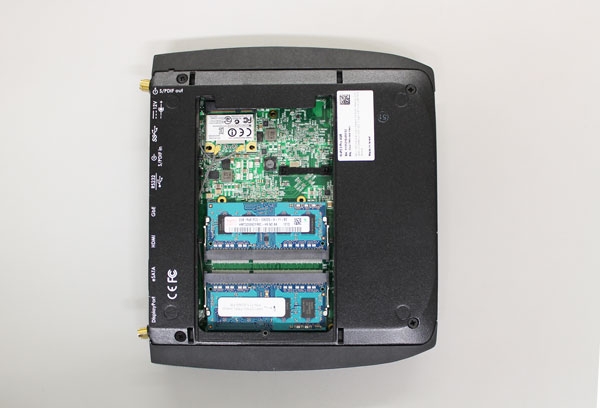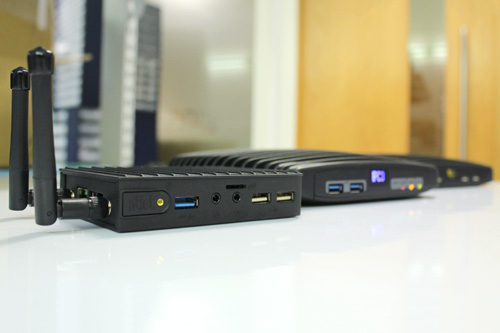Why is RAM/Memory Speed important?
Feb 07, 2017The Memory or RAM - for Random-access memory - is an important part of the computer as it stores data and instructions. Typically, the processor requests information from the memory, runs calculations and stores it back in the memory.
You've noticed that RAM is available in different quantity (4GB, 8GB...) and speeds such as 1600 Mhz, 1333 Mhz… Why is the RAM speed important? Does it have an impact on the computer's performance? Read Max's explanations!
Quantity & Speed Of The RAM
The quantity and speed of the memory fitted is at least as important, if not more so, than the performance of the processor. You could liken a high performance processor with a small memory to a Ferrari with a tiny fuel tank. You’ll have a very high top speed – but your journey could take a long time as you keep having to stop to refuel.
As the machine operates it will extract data from the hard disk drive and store it in DRAM (Dynamic Random Access Memory) for speedy access – if it has to keep saving information to disk as it works this will slow it up significantly.
Speed, Performance & CPU
You must accord the speed of the memory you buy with the specifications of your CPU. If the memory is slower than the processor, it will end up waiting for a response. You can save money by using a lower speed memory of course… but be aware that you will also reduce the performance of your PC.
Equally, there is no point in investing in fast memory if the processor cannot make full use of it. If you use a faster RAM than what your system can support - and this is determined by the motherboard's quartz and the CPU you have on it - then it will end up being downclocked. That's why sometimes newer and faster RAM can be used downclocked in older generations of computers as an inexpensive way to replace rare or discontinued memory.

Optimise Your RAM Speed
The speed provided with our compact computers on Tiny Green PC is accorded to the processor. Intense IPC2 Haswell and Broadwell uses 1600Mhz while the Fitlet PCs uses 1333Mhz modules. Thus, when you chose one of our Fanless tiny PCs for your projects, you don’t have to worry about optimising your RAM speed. Our lab has already done this for you.
Specify The Right Memory Quantity
How much memory do you need: 2GB, 4GB, 8GB, 16GB, 32GB...? We usually offer up to 32GB of DRAM on our mini PCs like IPC3 or Fitlet-T and 16GB on our micro PCs like Fitlet RM orFitlet2. Best is to discuss your applications with our team instead of paying for more memory that what you need. We have a long history of delivering reliable computing solutions to B2B companies across Europe. We are specialists in Fanless Mini & Micro PCs - including Intel, AMD & ARM technology. Contact our people today!
 Part of
Part of 